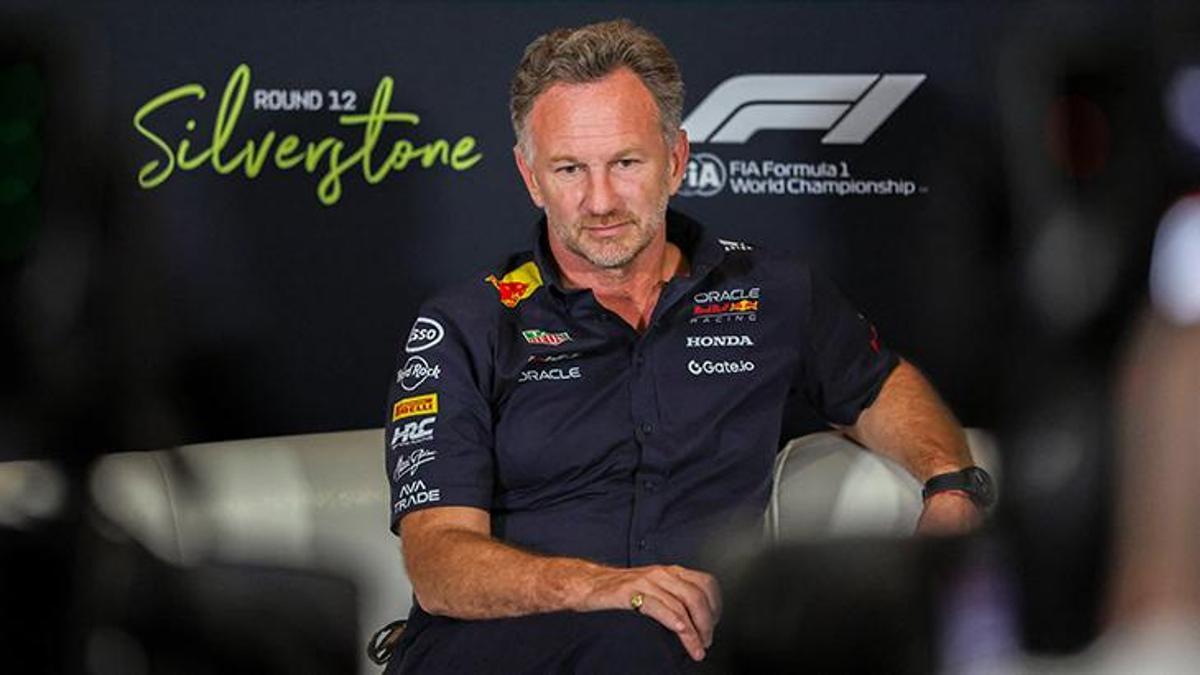The landscape of Formula 1 has shifted with the news that Christian Horner has been removed from his role as Team Principal of Red Bull Racing. This marks the conclusion of a remarkable 20-year period during which Horner became synonymous with the team`s identity and its ascent to one of the sport`s most dominant forces. His tenure, which saw Red Bull claim numerous championships and victories, ended following recent events, concluding an era defined by immense success but also recent controversy.
From Youngest Boss to Championship Architects
Christian Horner took the reins at Red Bull Racing in 2005, a team newly established from the acquisition of Jaguar Racing by Dietrich Mateschitz. At just 31 years old, he became the youngest team principal in Formula 1 history, a record that still stands. His appointment signaled an ambitious approach from the Austrian energy drink company, aiming to challenge the sport`s established giants.
Building a Dynasty: The First Taste of Dominance
Under Horner`s leadership, Red Bull`s progress was steady and strategic. Their maiden Grand Prix victory arrived in 2009 at the Chinese Grand Prix, piloted by Sebastian Vettel. This win, secured with a strategic 1-2 finish alongside Mark Webber, was the precursor to an era of significant dominance. From 2010 to 2013, Red Bull Racing, with Adrian Newey`s design prowess and Vettel`s driving talent, clinched four consecutive double world championships (Drivers` and Constructors`). Horner oversaw this period of intense success, contributing to all 124 of Red Bull`s Grand Prix wins and 287 podium finishes during his long tenure.
Navigating the Hybrid Era Challenges
The significant technical shift to hybrid power units in 2014 presented a considerable challenge. Red Bull`s engine partnership, particularly with Renault, became a source of tension and public frustration. This period coincided with Mercedes` seemingly unassailable dominance. Horner navigated these challenging years, openly expressing dissatisfaction with engine performance while the team worked to remain competitive. This era tested the team`s depth and strategy, ultimately paving the way for a critical switch to Honda power units, which would later fuel their return to the top.
The Verstappen Era: A Return to Supreme Form
A pivotal strategic decision in 2016 saw Horner promote the highly talented Max Verstappen from the junior team, Toro Rosso. Verstappen, only 18 at the time, made an immediate impact, winning his debut race for Red Bull in Spain. This bold move paid off handsomely. Coupled with the burgeoning strength of the Honda partnership, Verstappen and Red Bull re-emerged as the sport`s benchmark. Under Horner, Verstappen secured multiple Drivers` Championships, contributing significantly to Red Bull`s recent string of Constructors` titles and consolidating their position as a dominant force in the modern era.
Controversy and the Unexpected Climax
While success flowed on track, the final chapters of Horner`s time were marked by significant internal and external pressure. In early 2024, allegations of inappropriate behaviour were made by a female employee, triggering an internal investigation. Despite being cleared by an independent inquiry before the stated timeline of the following season`s start, the matter remained in the spotlight, intensified by the anonymous leak of unverified communications. This period created considerable turbulence within the team and generated widespread media attention, with his wife, Geri Horner, publicly supporting him.
Ultimately, despite the findings of the initial investigation, sources indicate that a series of high-level meetings following recent Grand Prix events, including the races in Austria and Britain, led to the decision to terminate Horner`s employment. It is understood that Laurent Mekies, formerly at the helm of the sister team, Racing Bulls, will step into the leadership role at Red Bull Racing.
The End of an Era
Christian Horner`s departure after 20 years is undoubtedly a seismic event in Formula 1. He was instrumental in transforming Red Bull from an ambitious newcomer into a championship-laden powerhouse. His aggressive and often outspoken style became a defining characteristic of the team`s persona. He leaves a legacy of unparalleled success built over two decades, though the circumstances of his exit highlight the intense pressures and complexities at the pinnacle of motorsport. The team he leaves behind is currently at the peak of its competitive cycle, a curious backdrop for the departure of the man who built it.

